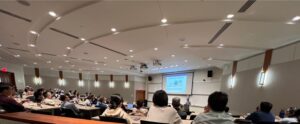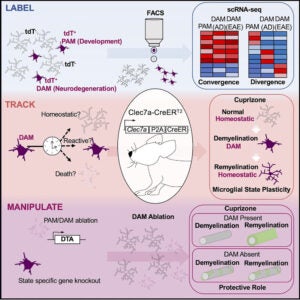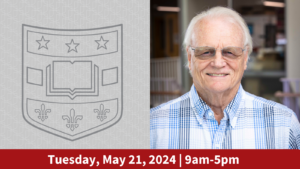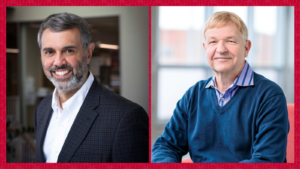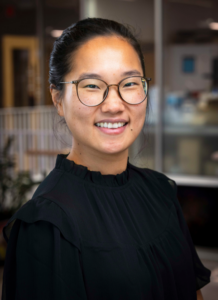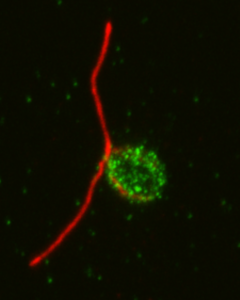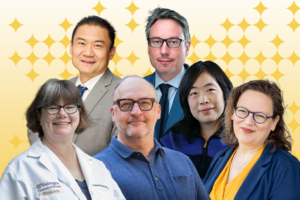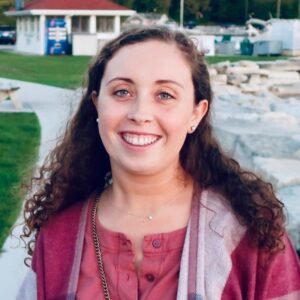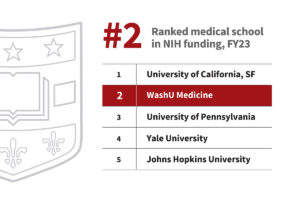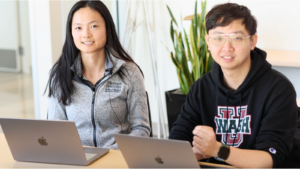The Genetics Department Seminar Series co-directed by Dr. Tychele Turner and Dr. Tristan Li, saw another year of successful presentations and attendance. The 2023-2024 academic year seminar series had 30 presenters from various academic and research institutions. The seminar poster and signage were placed on the Danforth and Medical School campuses with over 35 locations […]
2023-2024 Department of Genetics Seminar Series Concluded with Notable Increase in Attendance
